Search Articles
Browse Content
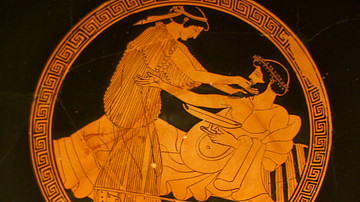
Article
The Relationship Between the Greek Symposium & Poetry
The Ancient Greek symposium is often considered an important part of Greek culture, a place where the elite drank, feasted and indulged in sometimes decadent activities. Although such practices were present in symposia, the writing and performance...
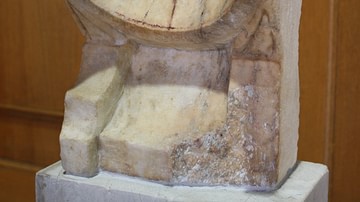
Article
The Athenian Calendar
The term “Athenian Calendar” (also called the “Attic Calendar”) has become somewhat of a misnomer, since Ancient Athenians never really used just one method to reckon the passage of time. Athenians, especially from the 3rd Century BCE forward...
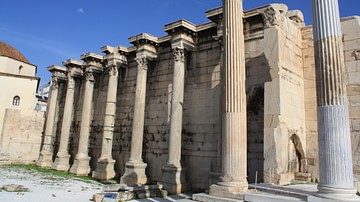
Article
The Library of Hadrian, Athens
The Library of Hadrian (aka Hadrian's Library) in Athens was constructed circa 132-134 CE as part of Roman Emperor Hadrian's grand re-building plan for the city. The library was the largest in Athens and with its columned façade and...
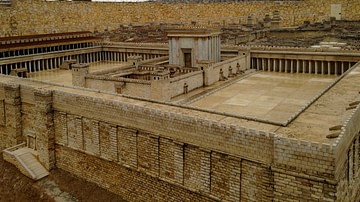
Article
The Maccabean Revolt
The Maccabean Revolt of 167-160 BCE was a Jewish uprising in Judea against the repression of the Seleucid Empire. The revolt was led by a country priest called Mattathias, and his military followers became known as Maccabees. Successful...
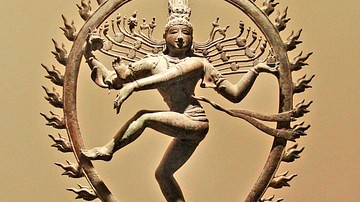
Article
Shiva Nataraja - Lord of the Dance
The great Hindu god Shiva has many guises and many representations in art, but perhaps the most familiar is as a dancing figure within a circle of fire, that is as Shiva Nataraja, Lord of the Dance. It is an image seen in museums, temples...
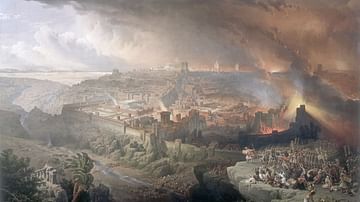
Article
The Great Jewish Revolt of 66 CE
The Roman Empire in the early 1st century CE was often regarded as the perfect empire. The outstanding military prowess of the Romans was used to expand the empire, and once the territories were acceptably pacified, Roman political power...
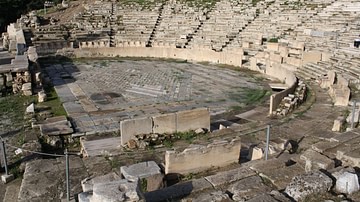
Article
Theatre of Dionysos Eleuthereus
The theatre of Dionysos Eleuthereus on the south slope of the acropolis of Athens was first built in the 6th century BCE. Modified and expanded over the centuries, it is the oldest Greek theatre and is the site where some of the most famous...
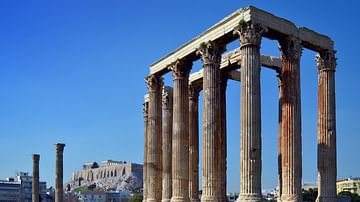
Article
Temple of Olympian Zeus, Athens
The Temple of Olympian Zeus in Athens, also known as the Olympieion, was built over several centuries starting in 174 BCE and only finally completed by Roman emperor Hadrian in 131 CE. Its unusually tall columns and ambitious layout made...
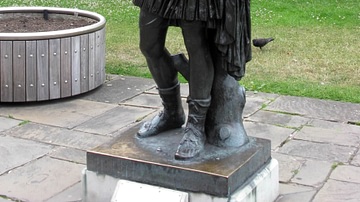
Article
Collegia, Stability and the Vox Populi
This short analysis will investigate the associations known as 'collegia' (also known as clubs, associations, companies) mentioned in the letters (10.33-34) from the Roman pro-consul Pliny to the emperor Trajan. We will determine why Trajan...
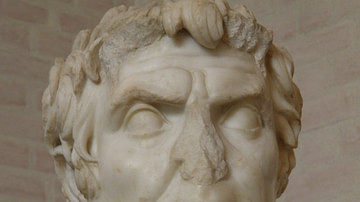
Article
Lucius Cornelius Sulla: Guardian or Enemy of the Roman Republic?
For centuries, Lucius Cornelius Sulla has been reviled as a maniacal tyrant who defiled the Roman constitution and instituted bloody purges, but some modern historians assert that he has been judged too harshly. They present him as a republican...